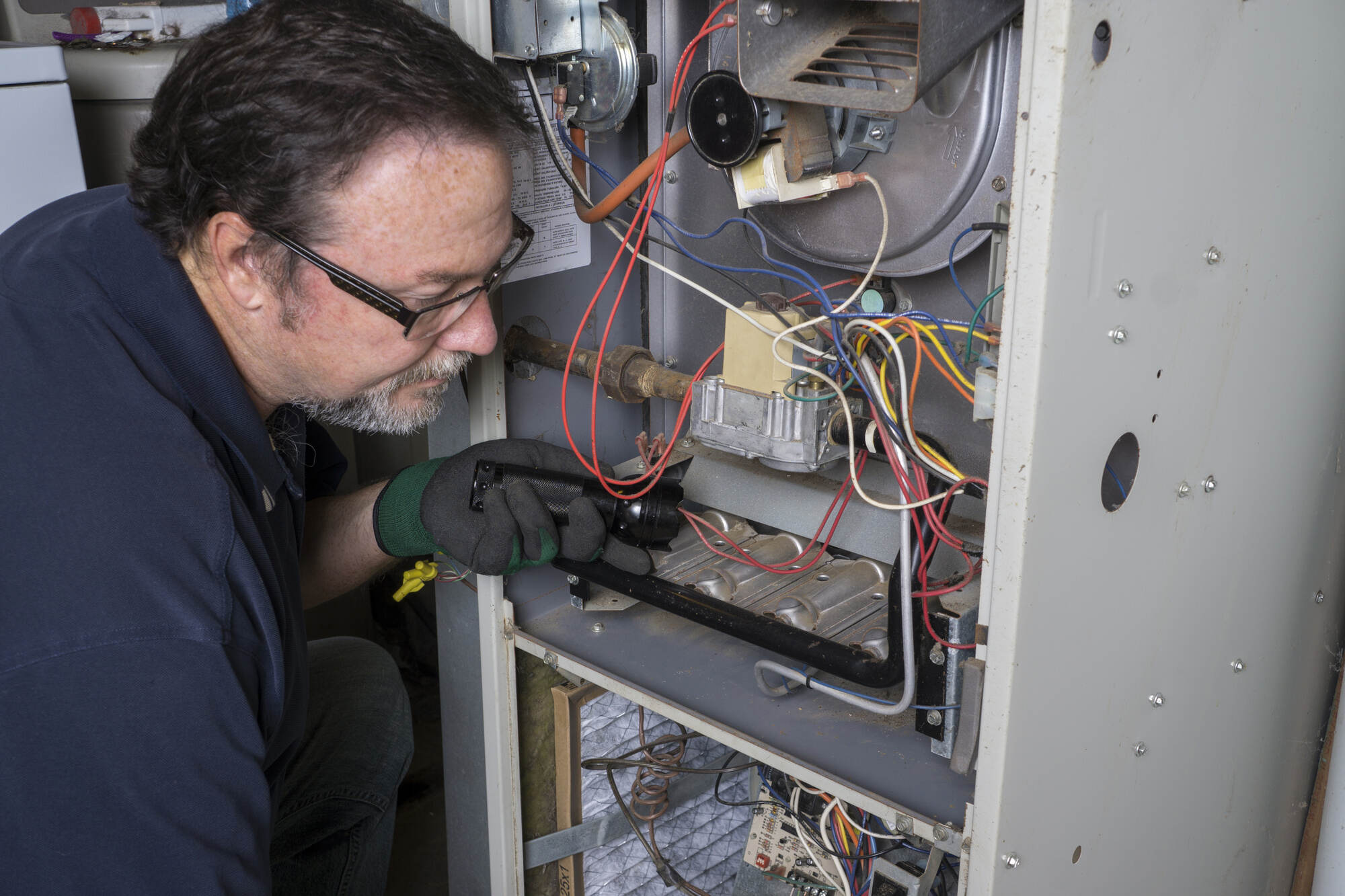

Articles
How Often To Clean Chimney With Oil Furnace
Modified: August 28, 2024
Discover how often you should clean your chimney when using an oil furnace. Read our informative articles to ensure proper maintenance and safety.
(Many of the links in this article redirect to a specific reviewed product. Your purchase of these products through affiliate links helps to generate commission for Storables.com, at no extra cost. Learn more)
Introduction
Welcome to the wonderful world of oil furnaces and chimney maintenance! If you have an oil furnace in your home, it’s important to understand the importance of keeping your chimney clean. A clean chimney allows for proper ventilation, optimal performance of your furnace, and most importantly, ensures the safety of your household.
In this article, we will explore the factors that affect the cleaning frequency of your chimney, signs that indicate it’s time for a cleaning, and steps you can take to maintain your chimney’s cleanliness. Whether you prefer the satisfaction of a do-it-yourself approach or decide to hire a professional chimney cleaner, we’ve got you covered.
So, let’s dive into the world of oil furnaces and chimneys and discover how often you should clean your chimney to keep your home safe and cozy.
Key Takeaways:
- Regular chimney cleaning is crucial for safe and efficient oil furnace operation. Factors like usage, fuel quality, and environmental conditions may require more frequent cleanings than the general annual recommendation.
- Whether opting for DIY or professional chimney cleaning, prioritize safety and thoroughness to prevent chimney fires and ensure a cozy, safe home environment throughout the heating season.
Read more: How Often To Clean Gas Fireplace Chimney
Understanding Oil Furnace and Chimney Maintenance
Before we discuss how often you should clean your chimney with an oil furnace, it’s important to understand the basic mechanics of an oil furnace and why chimney maintenance is crucial.
An oil furnace is a heating system that burns oil to produce heat. As the oil burns, it releases byproducts such as soot, ash, and other debris, which can accumulate inside your chimney. Over time, this buildup can restrict the flow of air and exhaust gases, leading to poor ventilation and potentially hazardous situations.
Regular chimney maintenance is essential because it helps remove the accumulated debris, allowing your oil furnace to function efficiently and safely. By keeping your chimney clean, you can prevent blockages and reduce the risk of carbon monoxide leaks, chimney fires, and other chimney-related issues.
It’s also worth noting that different factors can influence the rate at which your chimney accumulates soot and other debris. These factors can include the age of your furnace, the type and quality of fuel you use, the design of your chimney, and the frequency and duration of furnace operation.
Now that we have a better understanding of the importance of chimney maintenance for oil furnaces, let’s explore the signs that indicate when it’s time to clean your chimney.
Signs that Your Chimney Needs Cleaning
Regular chimney cleaning is essential to ensure the safe and efficient operation of your oil furnace. But how do you know when it’s time to clean your chimney? Here are some signs that indicate your chimney may need cleaning:
- Poor draft: If you notice that your oil furnace is not functioning as efficiently as it used to, it could be due to a clogged chimney. A blocked chimney can hinder proper airflow, leading to poor draft and reduced heating performance.
- Soot buildup: Take a closer look at the walls inside your chimney. If you can see a thick layer of black soot, it’s a clear sign that your chimney is in need of a cleaning. Soot buildup not only restricts the airflow but can also increase the risk of chimney fires.
- Unpleasant odors: If you detect a strong, unpleasant smell coming from your oil furnace or chimney, it could be a sign of accumulated debris, animal nests, or creosote buildup. Regular cleaning helps eliminate these odors and promotes a healthier indoor environment.
- Smoke entering the room: If you notice smoke entering your living space when you use your oil furnace, it’s an indication that your chimney is not properly expelling the combustion gases. This can be a dangerous situation that requires immediate attention.
- Presence of animals or nests: If birds, squirrels, or other animals find their way into your chimney and build nests, it can block the airflow and create a potentially hazardous situation. Regular chimney cleaning helps keep wildlife out and ensures proper ventilation.
Keep in mind that these signs may not always be obvious, especially if your chimney is located on the exterior of your home. Regular inspection and cleaning are essential to prevent any issues from escalating and compromising your safety.
Now that we’ve identified the signs that indicate your chimney needs cleaning, let’s delve into the factors that can affect how often you should clean your chimney with an oil furnace.
Factors Affecting Cleaning Frequency
The frequency at which you should clean your chimney with an oil furnace can vary depending on several factors. Understanding these factors will help you determine the appropriate cleaning schedule for your specific situation. Here are the key factors that can affect the cleaning frequency:
- Usage and frequency: How often you use your oil furnace plays a significant role in determining how quickly your chimney accumulates debris. If you rely heavily on your furnace during the colder months, you may need more frequent cleanings compared to someone who uses their furnace sporadically.
- Type of fuel: The type and quality of fuel you use in your oil furnace can impact the rate of soot and debris buildup in your chimney. Low-quality or dirty fuel may produce more residue, necessitating more frequent cleanings.
- Chimney design: The design and structure of your chimney can affect airflow and the accumulation of debris. Some chimney designs may have more complex pathways or areas where soot can easily settle, requiring more frequent cleanings to prevent blockages.
- Location and environmental factors: Environmental factors such as climate, humidity, and nearby vegetation can influence the rate at which your chimney accumulates debris. For example, if your home is situated in an area with high levels of pollution or surrounded by trees, your chimney may experience faster buildup.
- Furnace age and maintenance: Older oil furnaces may produce more soot and debris as they might not burn fuel as efficiently as newer models. Regular maintenance of your furnace, including regular tune-ups and filter changes, can help minimize the accumulation of debris in your chimney.
It’s important to take these factors into consideration when determining how often to clean your chimney with an oil furnace. While some general guidelines exist, it’s best to assess your unique circumstances and consult with a professional chimney cleaner if you’re unsure about the appropriate cleaning frequency.
In the next section, we will discuss a recommended cleaning schedule to help you maintain a clean and efficient chimney.
Recommended Cleaning Schedule
When it comes to determining how often to clean your chimney with an oil furnace, there is no one-size-fits-all answer. However, there are some general guidelines that can help you establish a recommended cleaning schedule. Keep in mind that these recommendations are a starting point, and you should adjust them based on the factors we discussed earlier.
For most oil furnace users, it is generally advisable to have your chimney cleaned at least once a year. This annual cleaning helps remove any accumulated soot, debris, and potential blockages that can hinder proper ventilation. It can also identify and address any emerging issues before they escalate into more significant problems.
If you fall into one or more of the following categories, you may need more frequent chimney cleanings:
- Heavy furnace usage: If you heavily rely on your oil furnace during the colder months and use it daily, you may want to consider scheduling chimney cleanings twice a year.
- Poor fuel quality: If you use low-quality or dirty fuel, it can result in faster soot and debris buildup. In this case, more frequent cleanings, such as every six months, may be necessary.
- Older furnace: If your oil furnace is older and not as efficient at burning fuel, it may produce more residue. Consider more frequent cleanings to ensure the optimal performance of your furnace and minimize the risk of blockages.
- Environmental factors: If your home is exposed to high levels of pollution, surrounded by trees, or in a climate with high humidity, you may need more frequent cleanings to combat accelerated debris accumulation.
It’s important to note that these recommendations are general guidelines. Conduct regular visual inspections of your chimney, and if you notice any significant buildup, odors, or drafting issues, have your chimney cleaned regardless of the recommended schedule.
Now that we’ve covered the recommended cleaning schedule, let’s explore the steps you can take for do-it-yourself chimney cleaning.
It is recommended to have your chimney cleaned and inspected at least once a year if you have an oil furnace. Regular cleaning helps prevent the buildup of soot and creosote, reducing the risk of chimney fires and ensuring efficient operation.
Read more: How Often To Clean Pellet Stove Chimney
DIY Chimney Cleaning Steps
If you’re comfortable and confident in tackling chimney cleaning on your own, follow these step-by-step instructions for a DIY chimney cleaning:
- Gather the necessary tools: Prepare the tools you’ll need for the cleaning, including a chimney brush suitable for your chimney’s dimensions, a ladder, safety goggles, gloves, a dustpan, and a brush or broom.
- Ensure safety: Safety should be your top priority. Protect yourself by wearing safety goggles and gloves. Place a tarp or drop cloth around the fireplace or stove area to catch any debris that may fall during the cleaning process.
- Prepare the chimney: Close any openings within the fireplace or stove and ensure there is no live fire or hot embers. Inspect the chimney for any visible obstructions or signs of damage before proceeding.
- Set up the ladder: Position the ladder securely against the chimney, ensuring it is stable and at the proper height to reach the chimney opening. Have someone keep the ladder steady or consider using ladder stabilizers for added safety.
- Clean from the bottom up: Start cleaning from the bottom of the chimney. Insert the chimney brush into the chimney opening and use an up and down motion to remove the soot and debris. Gradually work your way up, adding extensions to the brush as needed.
- Remove debris: As you clean, use a dustpan or a brush and broom to collect the dislodged soot and debris. Take caution not to let the debris fall into the room or back into the chimney.
- Inspect and repeat if necessary: Once you reach the top of the chimney, inspect the brush to see if it has collected significant buildup. If needed, repeat the cleaning process until the brush comes out relatively clean.
- Dispose of debris: Properly dispose of the collected debris in a sealed bag or container. This ensures no residue is released back into the air or near the fireplace.
- Clean up: Remove the drop cloth or tarp and clean the surrounding area around the fireplace or stove. Sweep or vacuum any remaining debris to leave the area tidy.
While DIY chimney cleaning is possible, it may not be suitable for everyone. If you’re uncomfortable working at heights or unsure about the cleaning process, it’s best to hire a professional chimney cleaner.
In the next section, we will discuss the benefits of hiring a professional for chimney cleaning.
Hiring a Professional Chimney Cleaner
While DIY chimney cleaning can be a cost-effective option, there are several advantages to hiring a professional chimney cleaner. Here are some benefits to consider:
- Expertise and experience: Professional chimney cleaners have the knowledge and experience to efficiently clean your chimney. They are trained in identifying potential issues and can provide expert advice on proper maintenance and repairs.
- Thorough cleaning: Professionals have specialized tools and equipment to ensure a thorough cleaning of your chimney. They can access hard-to-reach areas, remove stubborn buildup, and clean the chimney more efficiently than a DIY approach.
- Time-saving: Cleaning a chimney can be a time-consuming task, especially if you’re not familiar with the process. Hiring a professional allows you to save valuable time and focus on other important tasks or activities.
- Safety precautions: Chimney cleaning can be hazardous, especially if you lack the proper training and equipment. Professionals prioritize safety and take appropriate measures to protect themselves and your property during the cleaning process.
- Inspection and maintenance: In addition to cleaning, professional chimney cleaners often perform inspections to identify any issues or potential hazards. They can advise you on necessary repairs or maintenance to ensure the safety and longevity of your chimney.
- Peace of mind: Hiring a professional gives you peace of mind, knowing that your chimney is in the hands of a trained and certified expert. They can address any concerns, answer your questions, and provide a maintenance plan tailored to your specific needs.
When selecting a professional chimney cleaner, research their qualifications and reputation. Look for licensed, insured, and certified professionals who adhere to industry standards and safety guidelines.
While hiring a professional may involve a cost, the benefits often outweigh the expense. Professional chimney cleaning ensures the optimal performance and safety of your oil furnace and chimney system.
Now that we’ve explored the benefits of hiring a professional, let’s discuss some common mistakes to avoid when cleaning a chimney.
Common Mistakes to Avoid when Cleaning a Chimney
While chimney cleaning is important for the safety and efficiency of your oil furnace, there are some common mistakes that homeowners should avoid to ensure a successful cleaning process. Let’s take a look at these common mistakes:
- Skipping safety precautions: Safety should always be the top priority when it comes to chimney cleaning. Avoid skipping safety precautions such as wearing protective gear, securing ladders properly, and ensuring a safe work environment.
- Insufficient knowledge and preparation: Before attempting to clean your chimney, it’s essential to educate yourself on the proper cleaning techniques and gather the necessary tools. Lack of knowledge and preparation can lead to ineffective cleaning or even damage to your chimney.
- Improper use of cleaning tools: Using the wrong type or size of chimney brush or failing to use it in the correct manner can hinder the cleaning process. Ensure that you have a suitable chimney brush and follow the recommended techniques for effective cleaning.
- Not inspecting the chimney: A thorough inspection of your chimney before cleaning is crucial. Look for signs of damage, obstructions, or nesting animals. Ignoring these issues can worsen the condition of your chimney or potentially lead to safety hazards.
- Incomplete cleaning: Failing to clean the entire length of the chimney can result in residual buildup that can pose a fire hazard or restrict airflow. Take the time to properly clean the entire chimney, including hard-to-reach areas.
- Disposing of debris improperly: It’s important to properly dispose of the collected soot and debris in sealed bags or containers. Avoid disposing of the debris in open trash cans or near the fireplace, as this can release particles back into the air or cause a mess.
- Ignoring professional assistance: If you feel uncertain or uncomfortable about cleaning your chimney, it’s best to seek professional assistance. Trying to clean a chimney without the necessary knowledge or experience can be dangerous and may not yield the desired results.
By avoiding these common mistakes, you can ensure a safe and effective chimney cleaning process that promotes optimal performance and longevity of your oil furnace and chimney system.
Now that we’ve covered the common mistakes to avoid, let’s conclude our article.
Conclusion
Maintaining a clean and well-functioning chimney is crucial for the safe and efficient operation of your oil furnace. By understanding the importance of chimney maintenance, recognizing the signs that indicate it needs cleaning, and considering the factors that affect cleaning frequency, you can establish a proper chimney cleaning schedule.
For most oil furnace users, an annual chimney cleaning is recommended. However, factors such as usage, fuel quality, chimney design, and environmental conditions may warrant more frequent cleanings.
If you decide to tackle chimney cleaning on your own, follow the proper DIY steps and precautions outlined in this article. However, hiring a professional chimney cleaner offers expertise, thorough cleaning, time savings, and peace of mind.
Regardless of whether you choose the DIY approach or hire a professional, it’s crucial to avoid common mistakes such as neglecting safety precautions, insufficient knowledge, incomplete cleaning, and improper disposal of debris.
Regular chimney cleaning not only enhances the efficiency of your oil furnace but also reduces the risk of chimney fires, carbon monoxide leaks, and other chimney-related issues. It ensures that your home remains safe, warm, and cozy throughout the heating season.
Remember, the information provided in this article serves as a general guideline, and it’s essential to adapt the cleaning frequency and approach based on your specific circumstances and professional recommendations.
So, whether you’re taking matters into your own hands or seeking the expertise of a professional, prioritize chimney maintenance to keep your oil furnace running smoothly and your home safe.
Frequently Asked Questions about How Often To Clean Chimney With Oil Furnace
Was this page helpful?
At Storables.com, we guarantee accurate and reliable information. Our content, validated by Expert Board Contributors, is crafted following stringent Editorial Policies. We're committed to providing you with well-researched, expert-backed insights for all your informational needs.
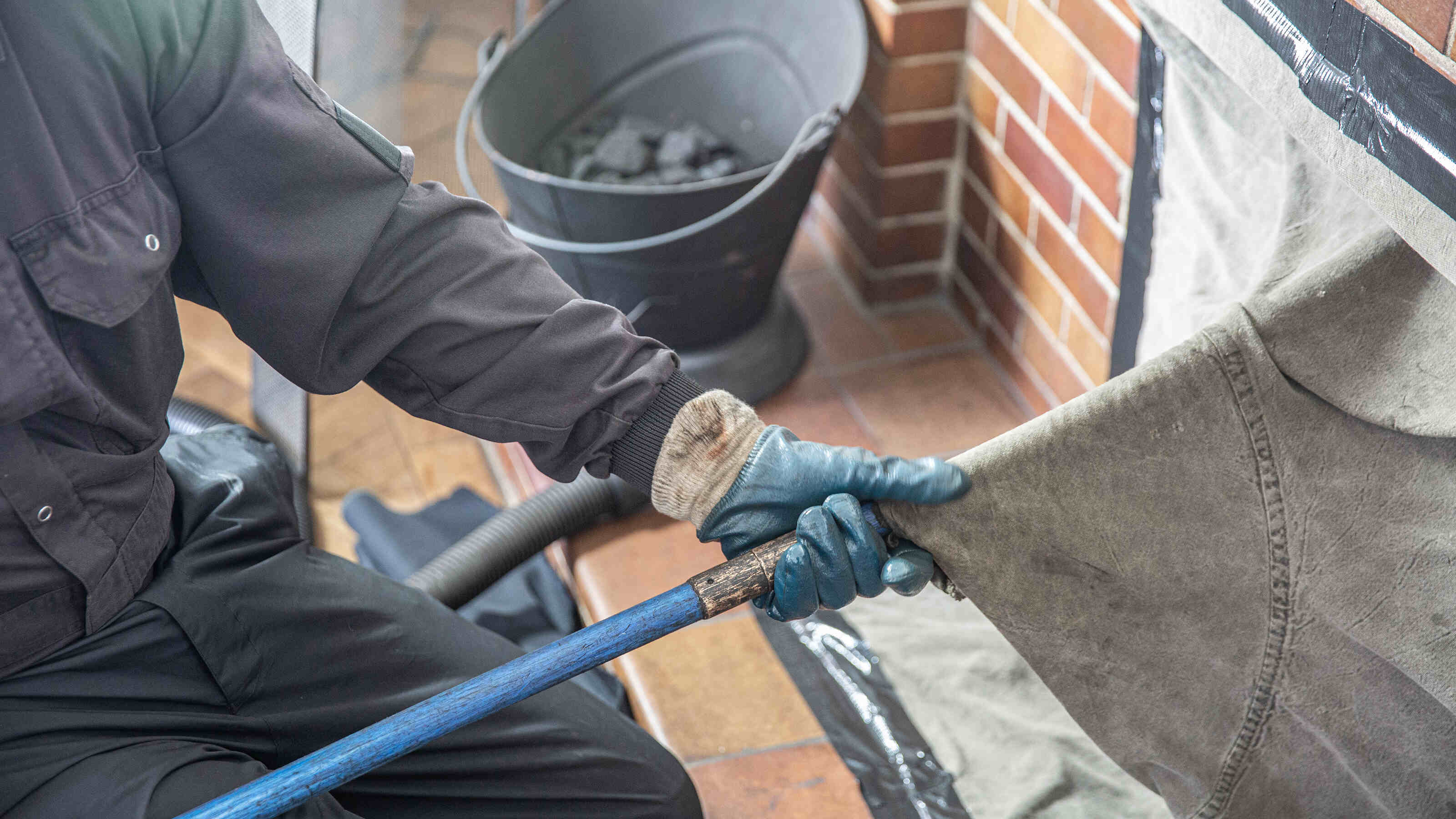
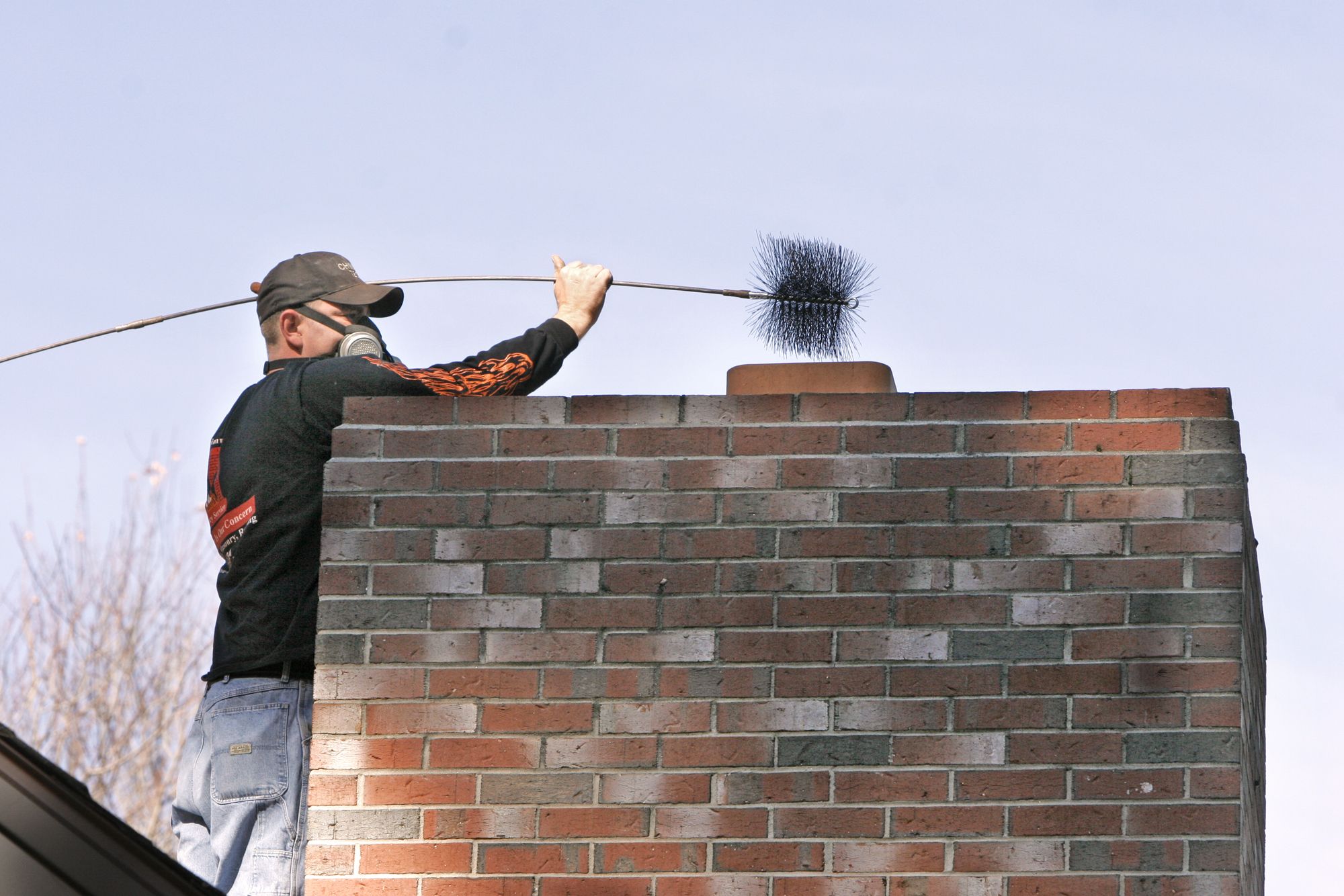
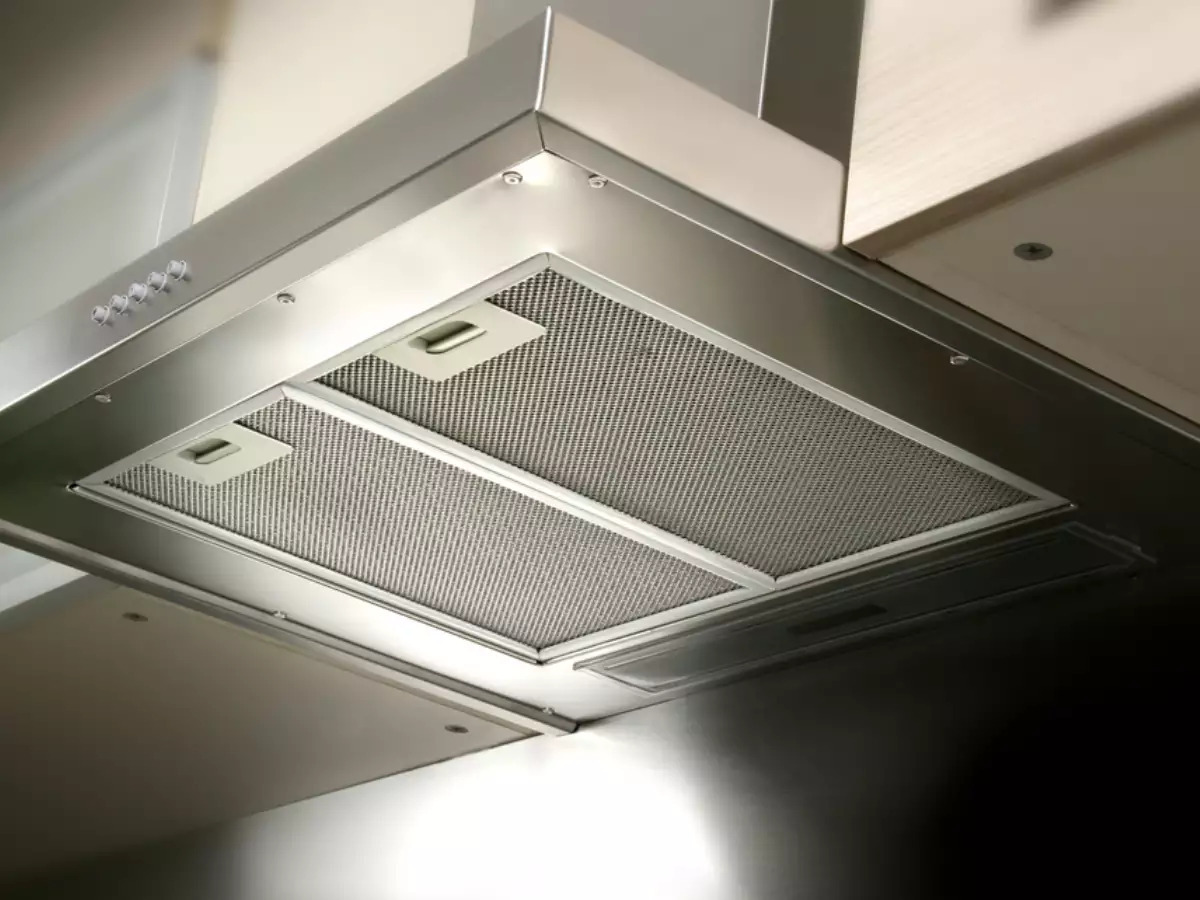
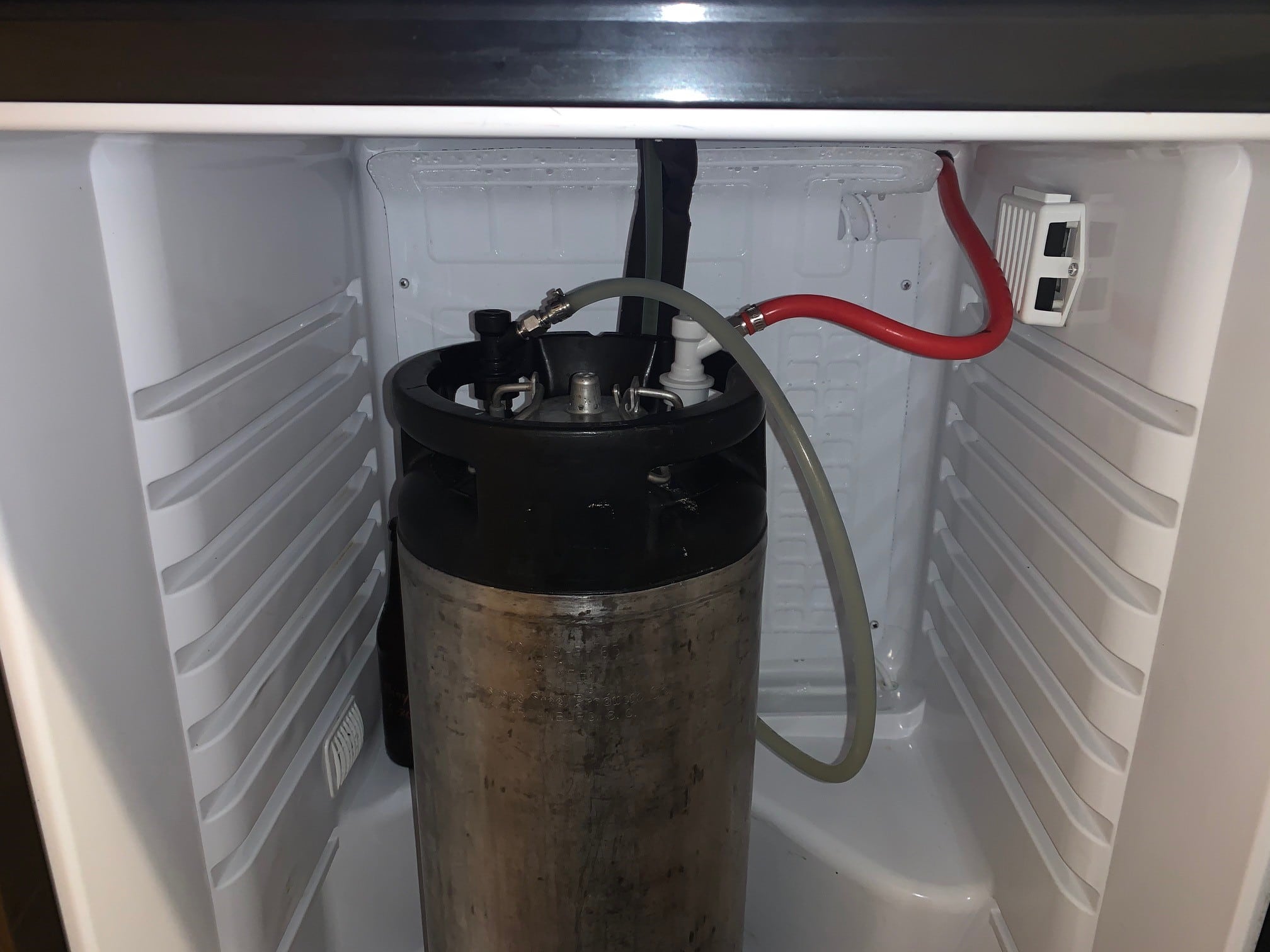

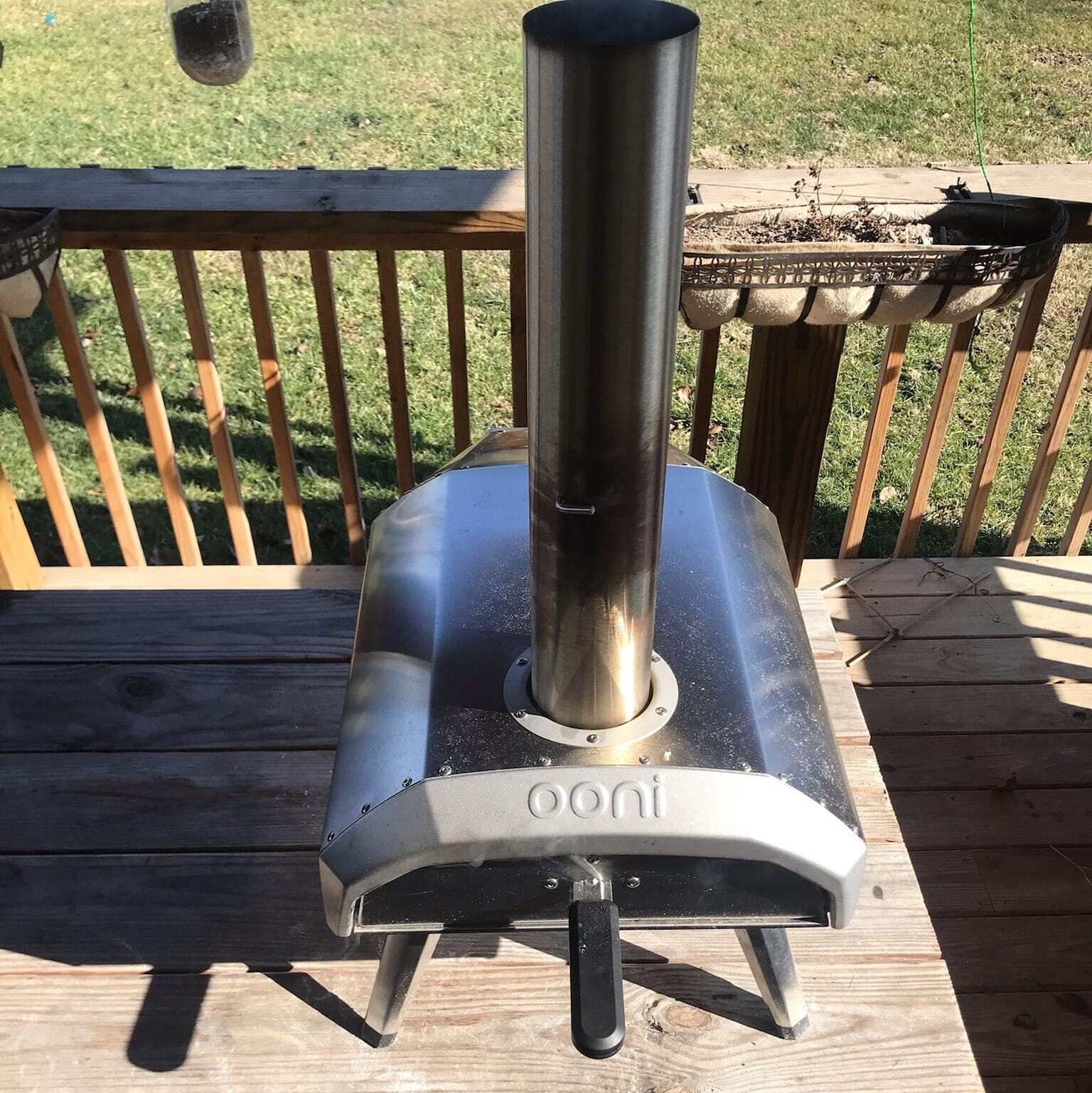
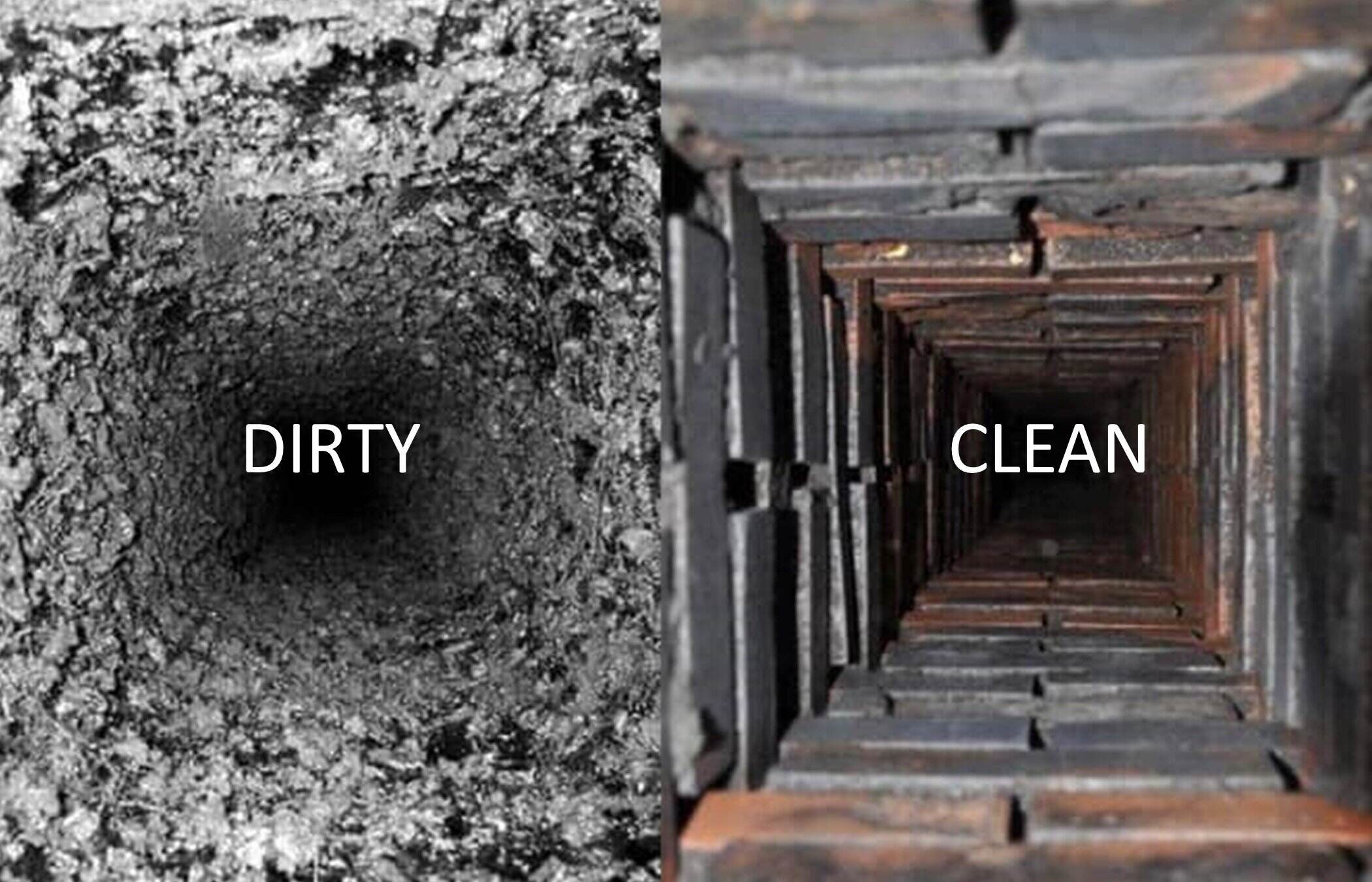
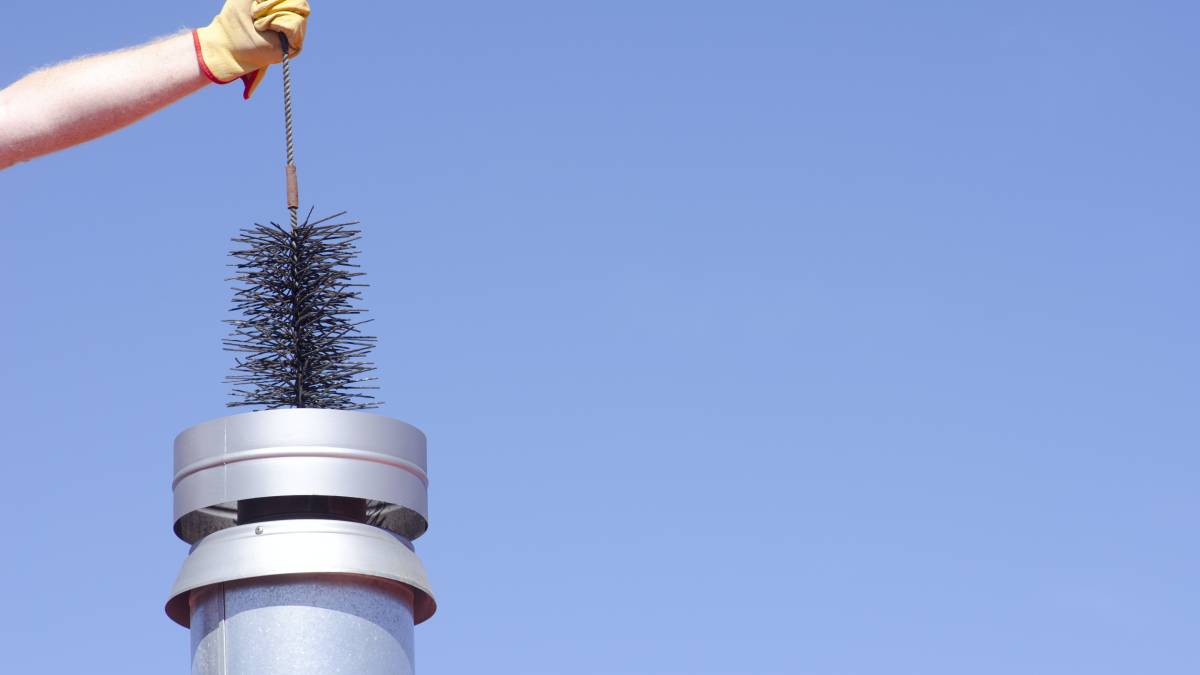
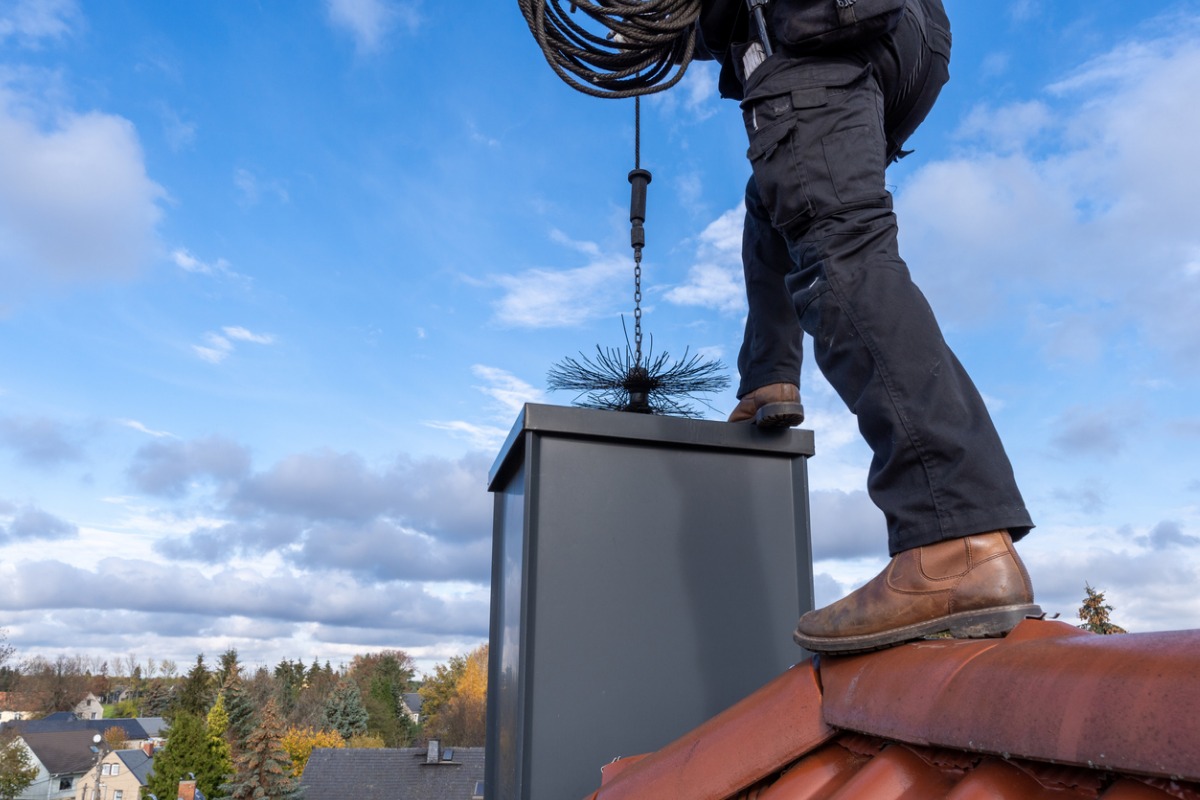
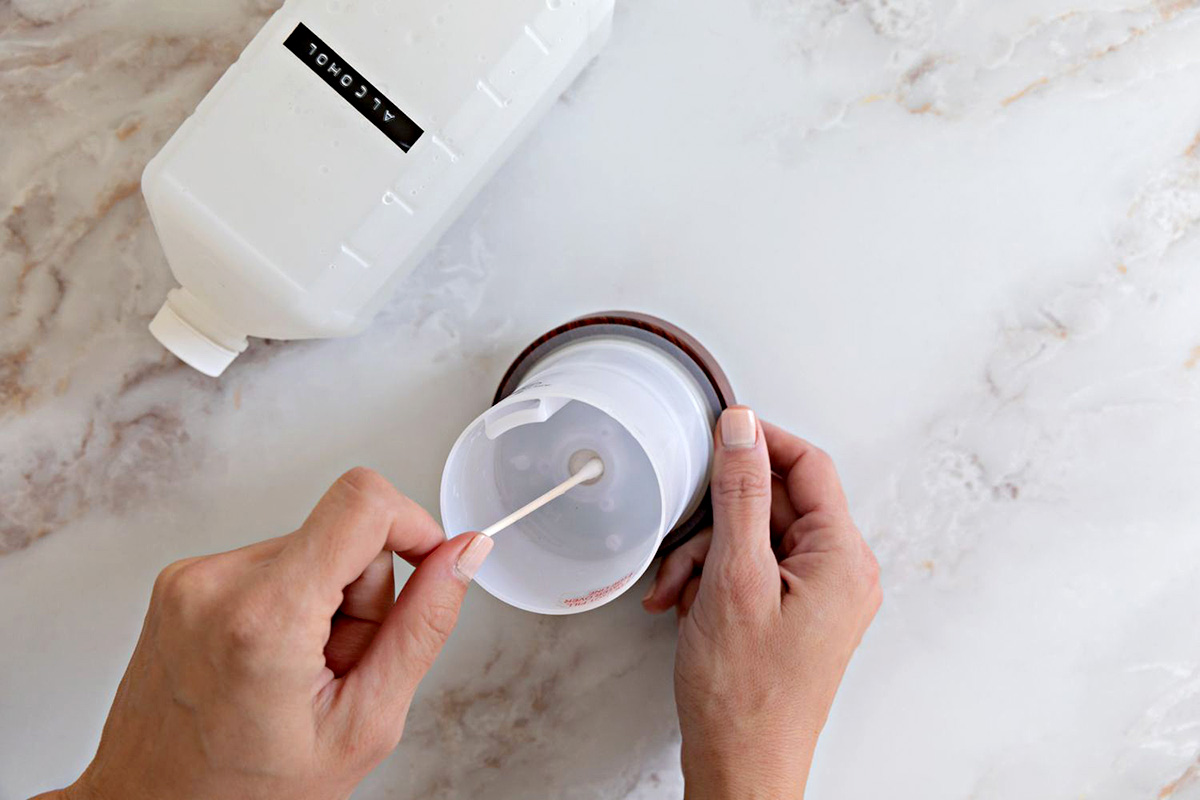
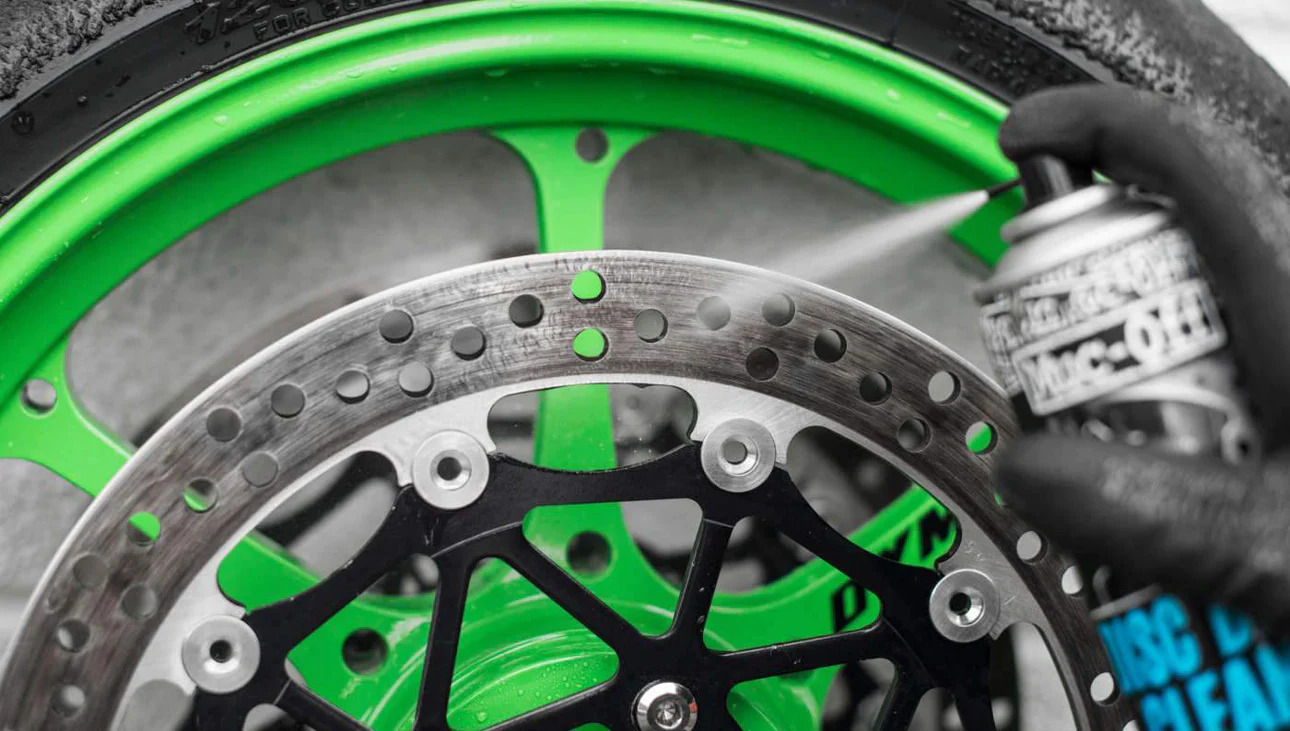


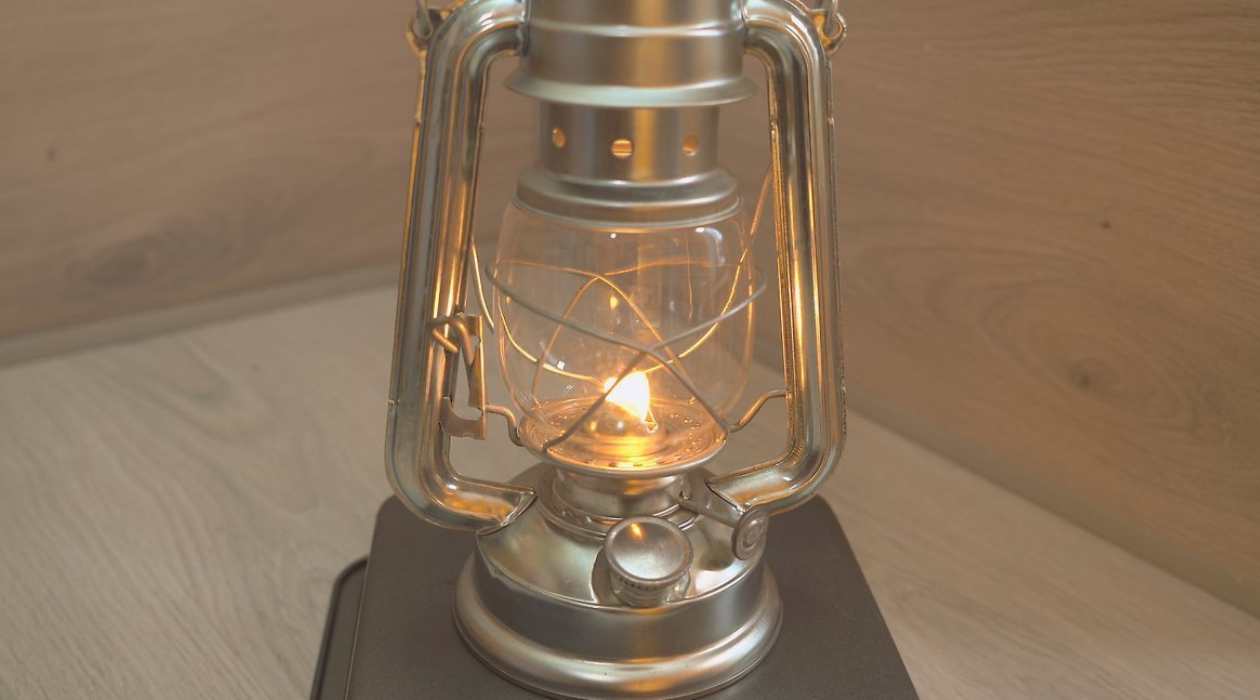

0 thoughts on “How Often To Clean Chimney With Oil Furnace”